In the last few weeks there has been a distinct grandparently flavour in my weekly newsletter which is also used as a basis for FAMILY MATTERS, my weekly programme on RADIO VERITAS. The more I have dealt with that aspect, the more I have also come to appreciate the elderly, whom Pope Francis included in his commemorative WORLD DAY FOR GRANDPARENTS AND THE ELDERLY. It is also clear, however, as I have highlighted often, that not all grandparents are elderly and not all elderly are grandparents. But this week the focus is on the elderly whatever their family structure and experience.
Every life stage has its own psychological tasks. The main task, it can be said, of the elderly is for mature and a sense of contentment is to take a look at ourselves and if necessary deal with some of what comes to light from the past and I believe also the present. Looking at our fears and our gifts is one way of doing so. Below are some thoughts which have been discussed, shared and published over the last few years and in this time of COVID, apart from a few additions are as relevant as ever.
“ I joined the “Knit and Giggle” group of elderly woman residents at a fairly upmarket retirement village one afternoon to conduct a little survey. They were happy to chat, but I did find them a little cagey. Do they have many real fears, or not, or don’t think much about them? The women were in the main not afraid of spiders or mice, or of the dark or being alone which many of them are – or of death per se. “If you have faith in God, you need not be afraid.” Losing one’s mind as in Alzheimer’s disease was discussed at some length. “If you knot’ know, then does it matter?” “but in the beginning you know that you don’t know!”
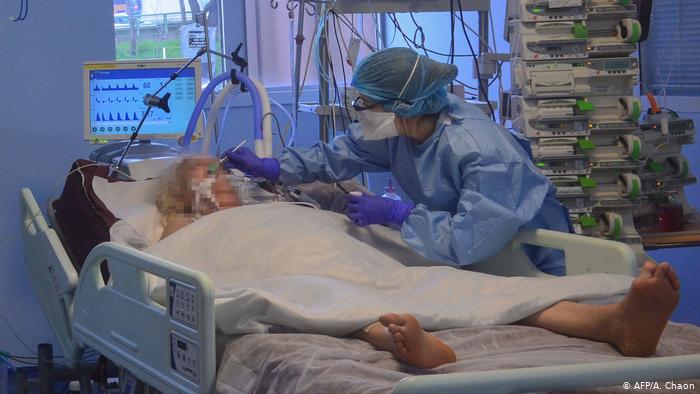
The group agreed that there are possibly genuine concerns about of these issues but I am well aware that in different settings there would be all kinds of responses to such a survey as that given here. An issue like COVID, has at least two fears, to be infected and become ill and die, or a fear of vaccination, maybe for unexplained reasons.
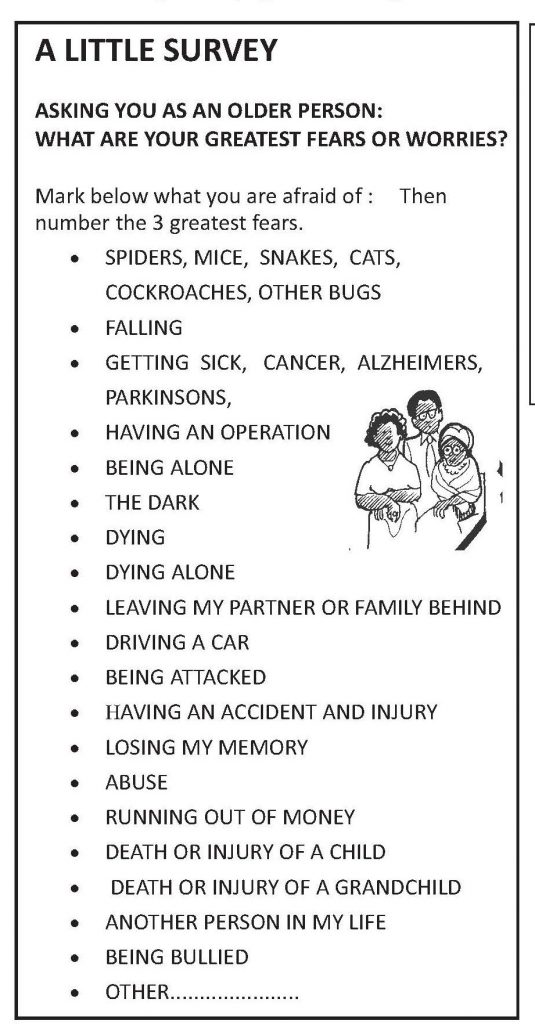
“ Research has long recognized that needs and fears of the elderly are very dependent on environmental conditions, whether they live alone, with family, in an upmarket retirement village, as is becoming more and more common among those who can afford it, or in less affluent situations in old age homes. The poor are most vulnerable as they are most dependent on their children, grandchildren and other family members. Other community members or sodalities do tremendous work in visiting and helping housebound grannies and the few grandfathers left alone during the day.
Elderly people with and without dementia or loss of mental capacity and their relatives usually have a lot of fears caused not only by getting bad diseases, criminal violence or financial crisis The most common fears arise from themselves and their home environment. About 50 percent of elderly suffer from a fear of falling. The fear of cooking (can cause fire), the fear of using water (can cause flooding) or forgetting medication (mostly the fear not of the patient itself but his/her relatives) have to be considered too. These fears in general lead to a loss of self-confidence to move about and engage in activities and social interaction freely. This reduces their activity levels which has health hazards in itself. One could call it a vicious circle, fear to socialise – no friends – more fear to interact – greater loneliness.”
How much has COVID exacerbated the situation adding other fears to the normal concerns of the elderly? Churches being closed deprived congregants of the spiritual support which, in a way, was more important than ever. Restrictions on movement prevented social contact beyond the home. Even banns on smoking and alcohol had an influence. Financial security was compromised and for those living along neglect has been a greater risk.
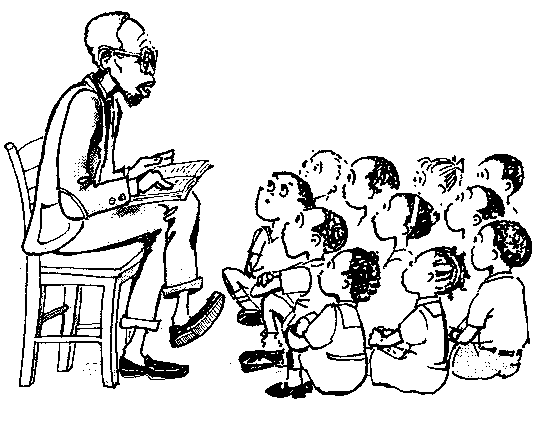
I believe that completing the little survey even for oneself to come to face some of these fears and decide if any action can or should be taken can be helpful. Ideally sharing this with one or more others and hearing how other contemporaries feel could be helpful too.
Consider too the gifts that the elderly have brought to the world and those close to us. Yes we have harmed and abused the world in many ways but have also developed and enriched it in just as many ways by our lives, our example, our work, our time, our resources and our love. The world does owe a great debt of gratitude to the elderly of today who were the builders of yesterday and prepared the generation of tomorrow. We can offer our thoughts to God thank God, ask forgiveness and rejoice.


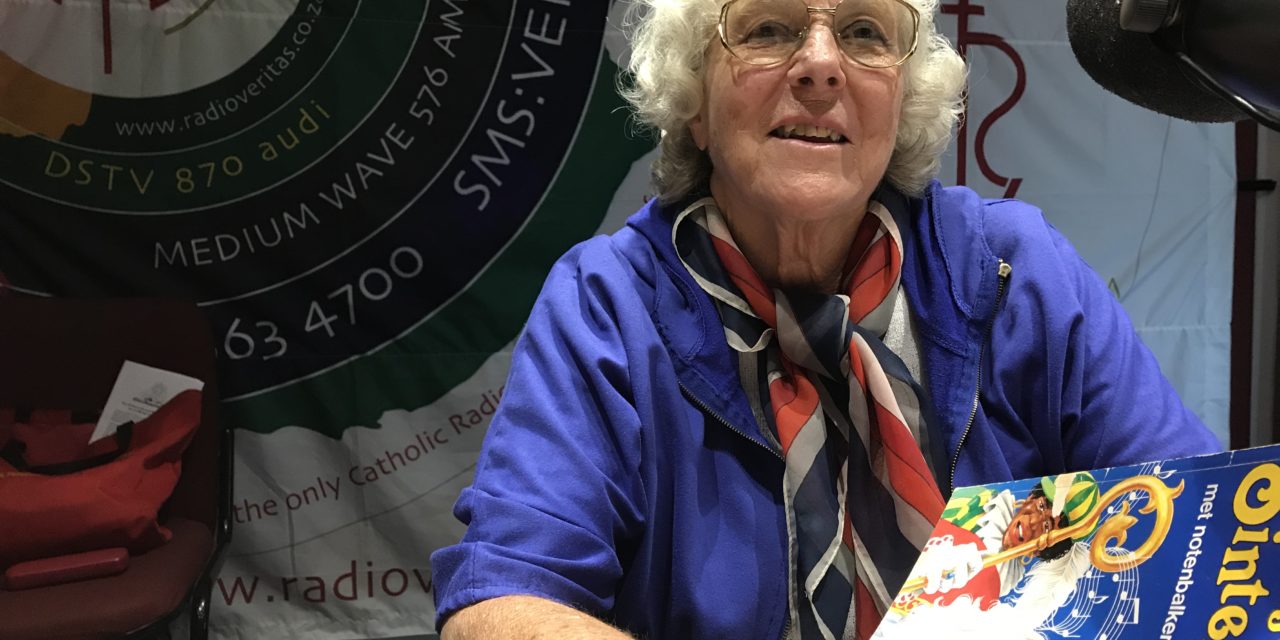

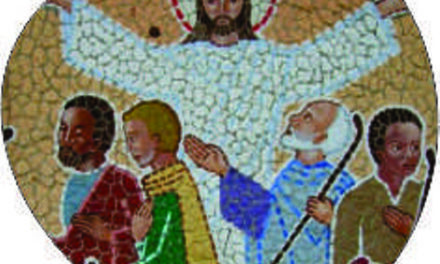
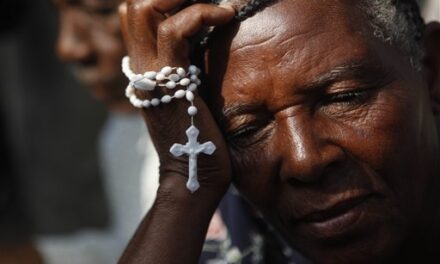
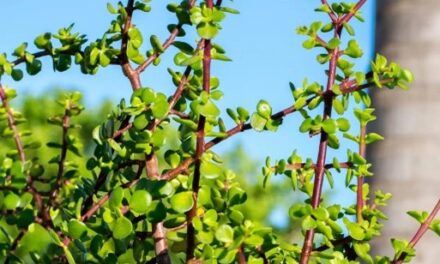
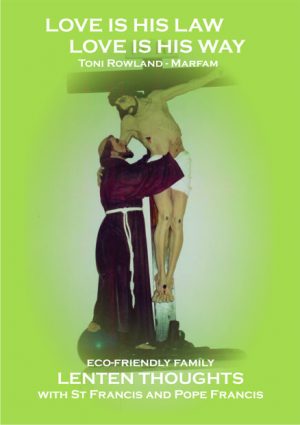
Recent Comments